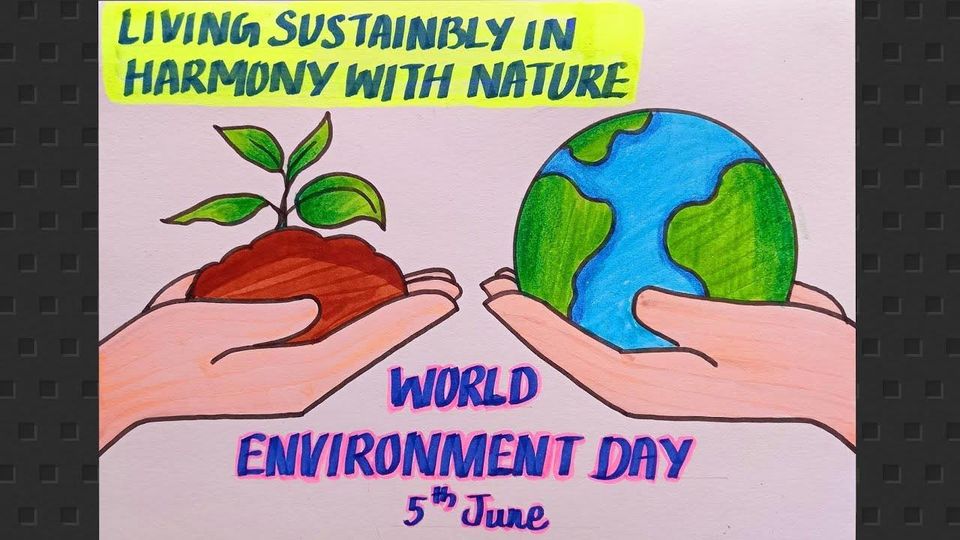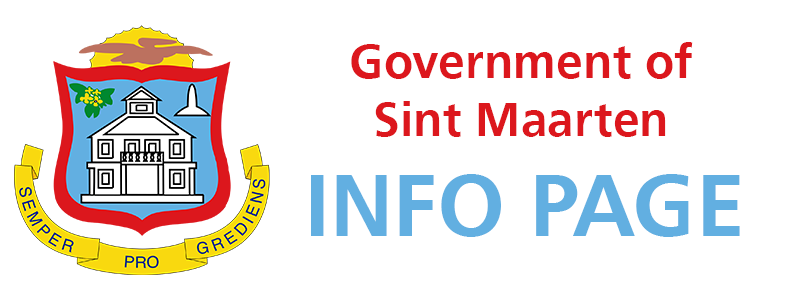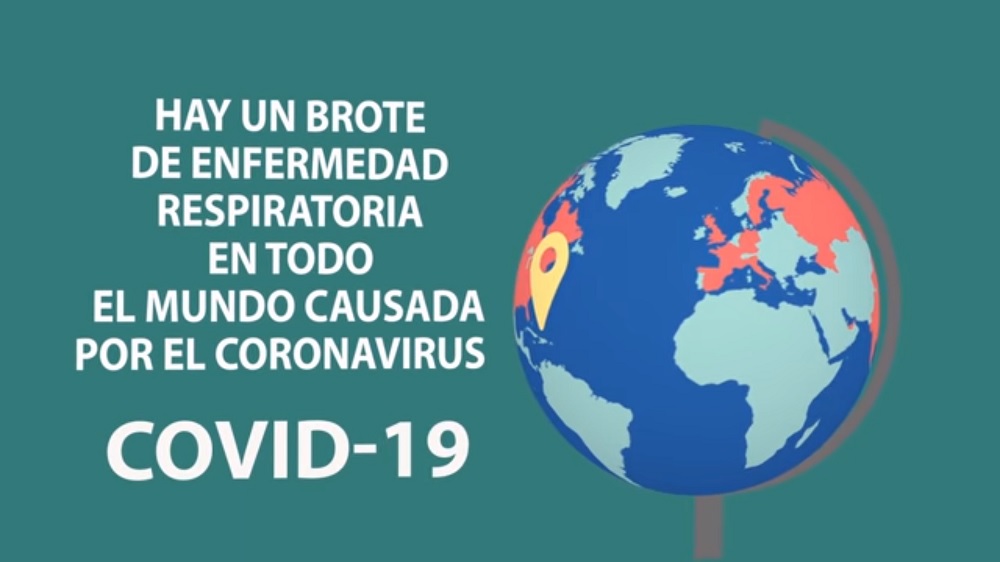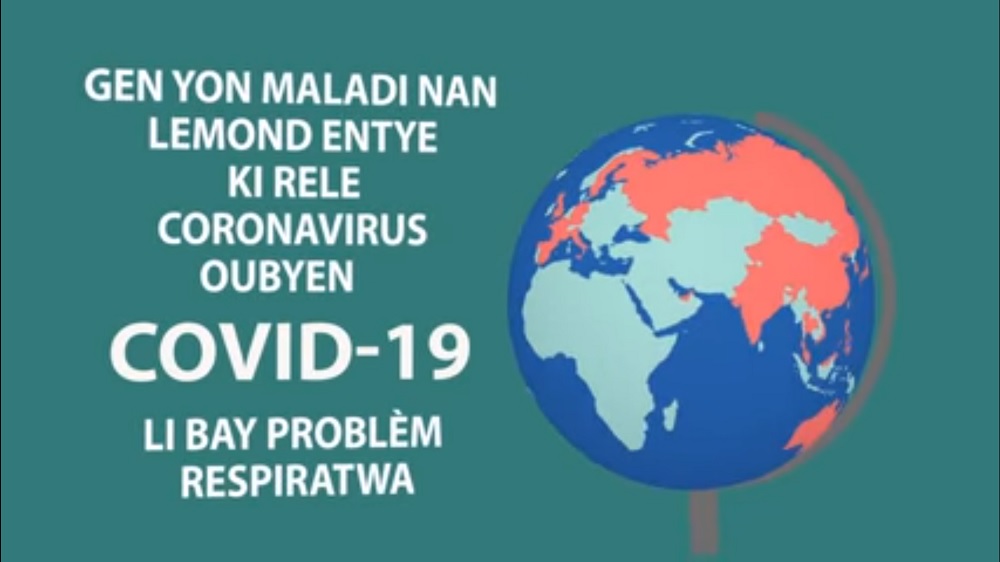?Only One Earth.? ?Living Sustainably in Harmony with Nature?
Sunday, June 5 marked World Environment Day. The theme observed for 2022 was: ?Only One Earth,? with a focus on ?Living Sustainably in Harmony with Nature.?
In the universe are billions of galaxies. In our galaxy are billions of planets. But there is only one earth.
World Environment Day is the largest global day for positive environmental action. This year, the main celebrations were hosted by Sweden.
According to the United Nations (UN) Environment Program (UNEP), we are using the equivalent of 1.6 Earths to maintain our current way of life, and ecosystems cannot keep up with our demands.
The gap between what we need to spend to adapt and what we are actually spending is widening. Estimated costs of adaptation continue to rise and could reach US$280-500 billion per year by 2050 for developing countries alone.
Individuals and civil society must play a key role in raising awareness and urging governments and the private sector to make large-scale changes.
Collective Preventive Services (CPS) department in the Ministry of Public Health, Social Development and Labour, as part of its annual calendar of awareness activities, is calling on the community to do its part to cut down on various forms of pollution in order to reset the balance between people and the natural world to create a better future for all.
Air pollution causes about seven million premature deaths every year, one in nine of all deaths. Nine out of 10 people breathe unclean air, making it the most significant environmental health risk of our time.
Only 57 per cent of countries have a legal definition for air pollution. In 2019, 92 per cent of people experienced air pollution in excess of safe World Health Organization guidelines.
The most recent Sustainable Development Goal (SDG) monitoring cycle revealed that over three billion people are at risk because they don?t know enough about the health of surface and groundwater resources.
Under a business-as-usual scenario, annual plastic waste entering aquatic ecosystems could nearly triple from nine to 14 million tons in 2016 to 23-37 million tons by 2040.
The total global economic cost of marine plastic pollution on tourism, fisheries and aquaculture is estimated to have been US$6-19 billion in 2018.
From 1950 to 2017, an estimated 9.2 billion tons of plastic was produced, seven billion tons of which has become waste.
Since 1973, World Environment Day has been used to raise awareness and generate political momentum around growing environmental concerns, such as toxic chemical pollution, desertification, and global warming.
Reach out within your communities, discover, and enjoy nature. Sint Maarten has a lot to offer, and therefore we must appreciate and safeguard a healthy environment for the present and the future.
We have #OnlyOneEarth. Let?s take care of it.











